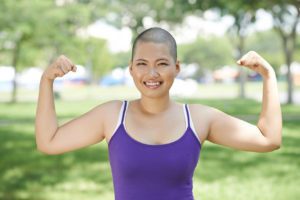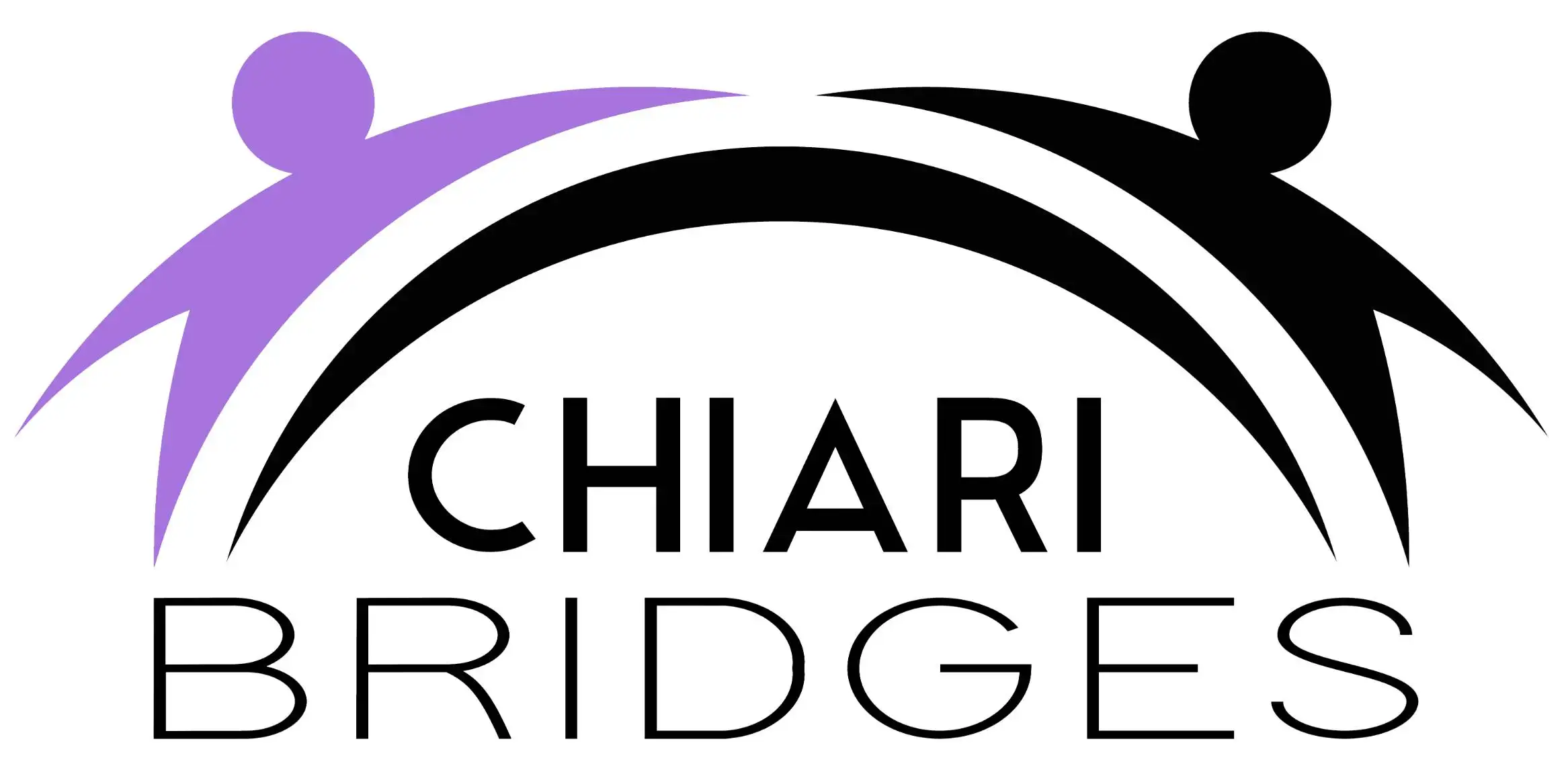Health & Fitness: Walking In Your Power!
After years of having our symptoms dismissed, having our pleas for help and understanding seemingly fall on deaf ears by our doctors (and many times our friends and family as well), it can be a relief to finally have a name for what has gone so horribly wrong with us. The relief is short-lived however, as we begin to realize the full scope of all that is really wrong with us. Although surgery can be extremely successful for some, many of us are left with some degree of symptoms or complications to deal with. For those of us who also have a connective tissue disorder, such as Ehlers-Danlos Syndrome (EDS), the issues with our tissues can seem endless. The thought of “getting healthier” can seem like a daunting task. We do not have control over every aspect of our health, or every aspect of our fight, but we are not powerless! We do have control over some lifestyle choices, that can help improve our day-to-day lives.
 MAINTAIN A POSITIVE ATTITUDE:
MAINTAIN A POSITIVE ATTITUDE:
The single most important item within our control is our attitude! We don’t have to ignore our reality or turn a blind eye to the negative aspects of our conditions to have a positive attitude. We can choose to frame things in a positive light. For example, if I am no longer able to walk as far as I could this time last year, I can look upon that situation with an air of defeat… or I can remind myself that I was also unable to walk that far three years ago, but with determination, with time I made progress! It may be unfair that I must start over again, but I am worth every ounce of effort that it takes to do so. I can acknowledge the unfairness, and then choose to focus on making progress towards my goal. A positive attitude is not going to will Chiari or EDS away, but it can improve our experience of living with these conditions.
 CHOOSING FOODS WITH YOU IN MIND:
CHOOSING FOODS WITH YOU IN MIND:
With connective tissue disorders, and the myriad of effects they can have on our bodies, eating healthfully can feel like walking through a minefield. Mast cell issues can cause sudden or intermittent allergic reactions to a wide variety of foods. Dysautonomia can require us to consume large amounts of salt (and still may end in nausea and vomiting). We are more prone to gastroparesis, gastric dumping, Irritable Bowel Syndrome (IBS), and other gastrointestinal problems that limit our food choices. Despite all these challenges, most of us can make food choices with optimum health in mind. Many EDS experts recommend eating whole, nutritionally dense foods, and taking supplements to help mitigate the vitamin and mineral deficiencies many of us are prone to, due to malabsorption. If inflammation is an issue, we can avoid dairy, sugars, refined flour, fried foods, and replace them with foods that are known to reduce inflammation, such as: salmon, blueberries, beets, broccoli, spinach, and foods cooked in turmeric, ginger, garlic, and olive oil. Most importantly, we can educate ourselves on our various conditions and what the experts on those conditions recommend, discuss this information with our own doctors and develop an individualized plan for ourselves, and apply this knowledge to our everyday life. Knowledge is key with conditions such as ours! While eating well is not going to shrink our cerebellar tonsils or cause our bodies to make collagen differently, it can help improve energy levels, and reduce pain and other symptoms.
 MOVING IS ESSENTIAL TO MOBILITY:
MOVING IS ESSENTIAL TO MOBILITY:
Despite the pain and the fear, we can choose to move every day and strengthen our bodies as much as possible. Deconditioning is a real issue for many of us who have had such debilitating pain and other symptoms, that even after a successful decompression surgery, we may find ourselves unable to function normally again. And while we may never be 100% again, we usually can gradually improve our strength and endurance through a good physical therapy and exercise program. Experts agree that strong muscles help reduce many of subluxations and soft tissue injuries that are common to us. It isn’t always easy to find the motivation to get up and take a walk or to do those exercises your physical therapist assigns, but we must remind ourselves that we are worth the effort, and that even the very slightest bit of progress, is still progress. As the adage goes, “A journey of a thousand miles begins with one step.”
We encourage you to fight for better medical care, for more research, for doctors and loved ones to listen to you. But with that also comes a responsibility to do everything you can to take the best care of yourself possible. To follow your doctor’s recommendations (once you find a good one), to eat well, and to stay as active as you possibly can. But you don’t have to go this alone! If no other positive thing comes out of being diagnosed with Chiari or any of its comorbidities, we do promise you this; the Chiari community is full of amazing, inspiring, loving, encouraging people who will stand in your corner and cheer you on through all your challenges, even if no one else will. And we here at Chiari Bridges will be there along the way with tips and advice on living your best life possible with Chiari and all its ugly friends. Remember, pain is inevitable, but suffering is optional!
[wpedon id=”4396″ align=”center”]

